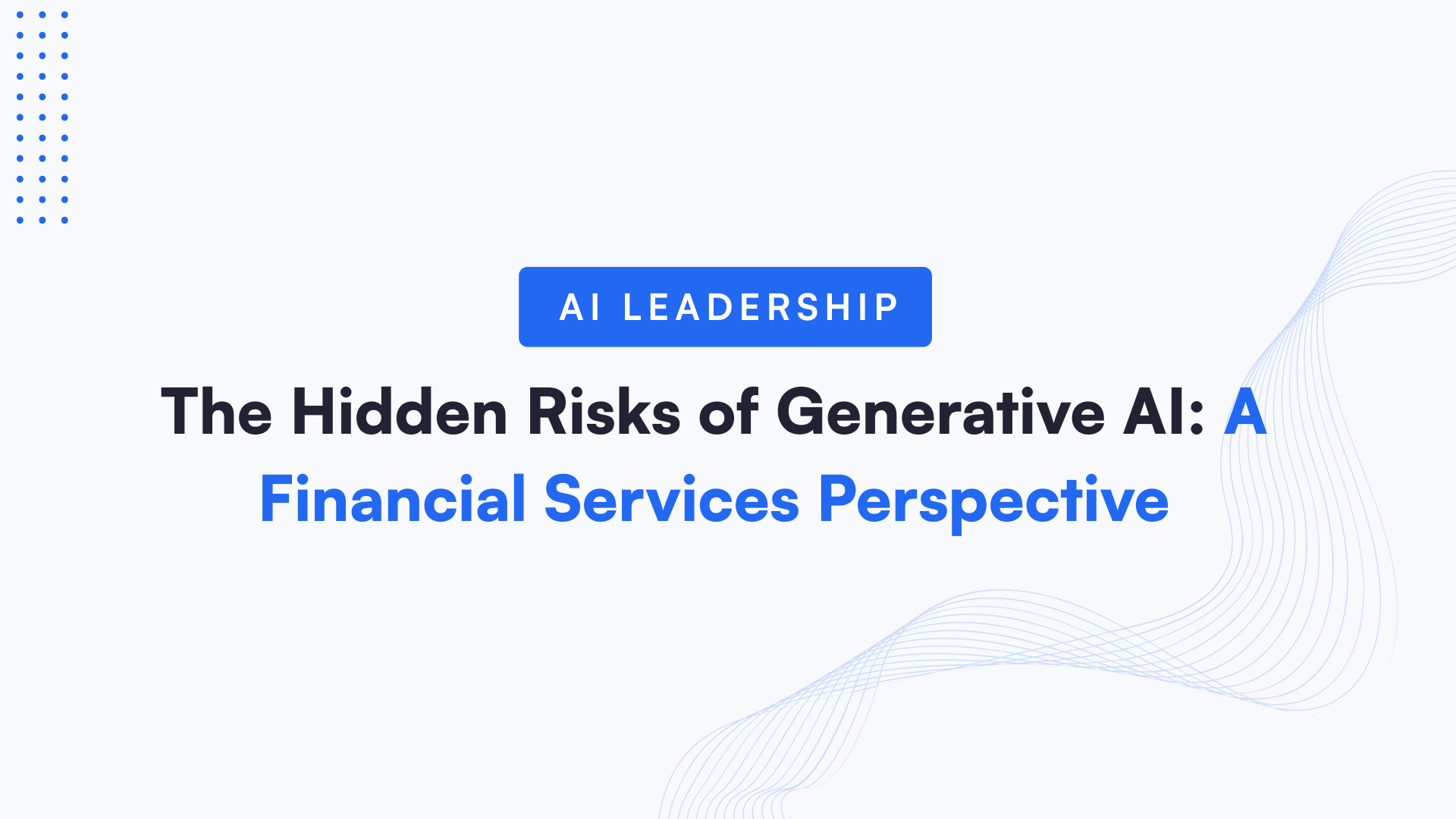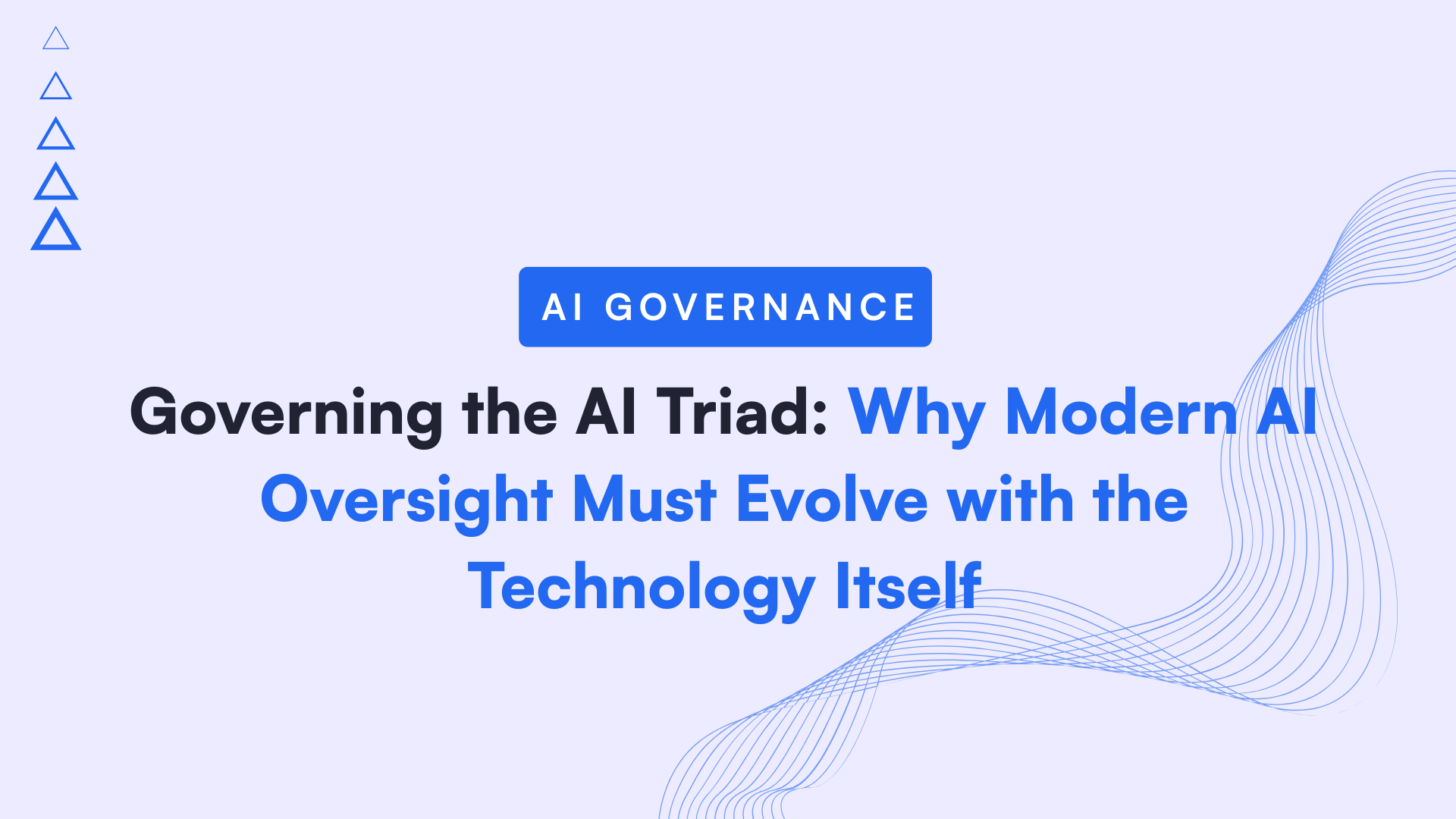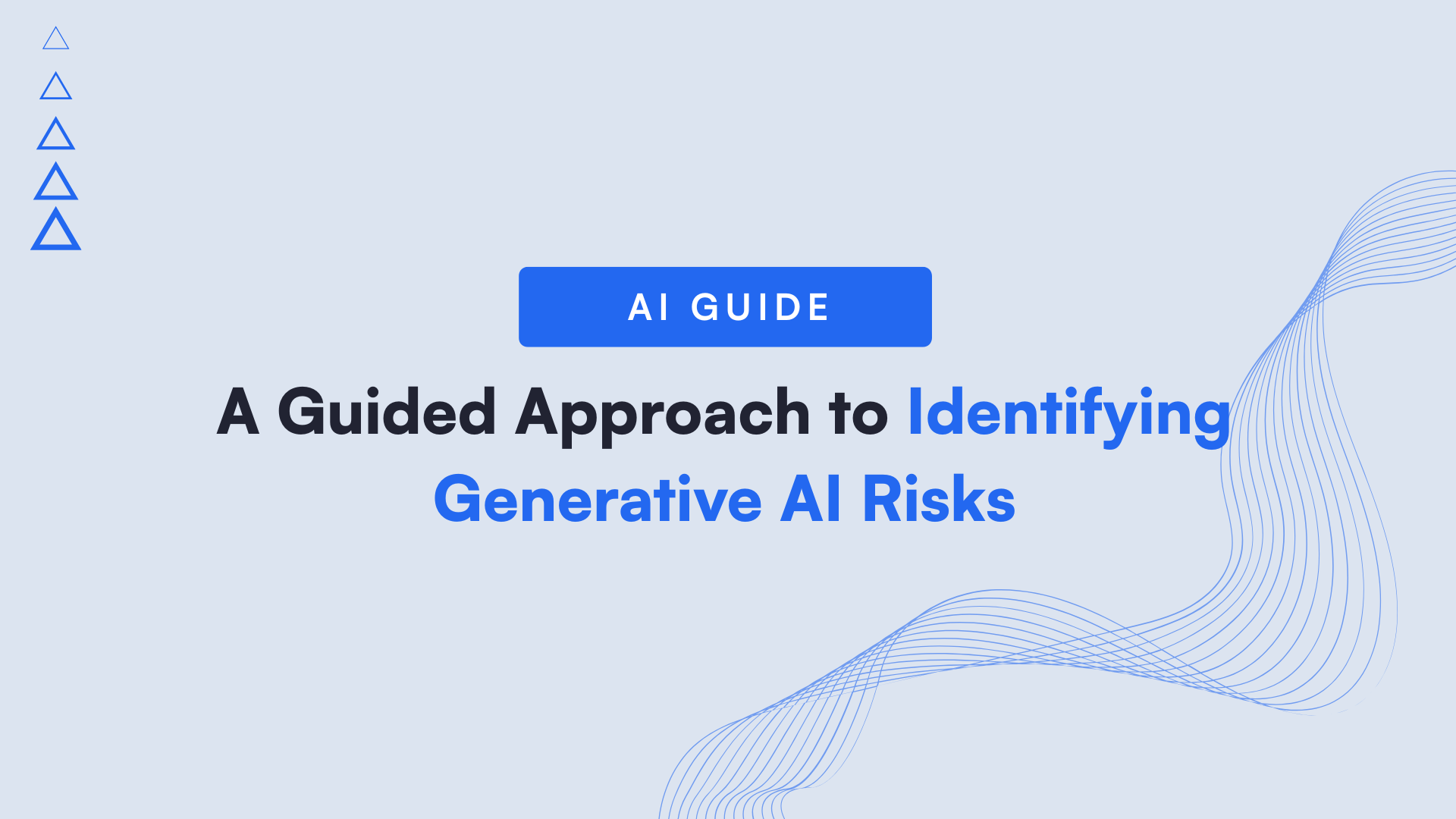Generative AI is being hailed as the engine of tomorrow, poised to revolutionise everything from creative industries to critical decision-making. But beneath the veneer of objective algorithms lies a potentially insidious problem: bias.
These sophisticated systems, trained on vast troves of data, are inheriting and amplifying the very prejudices that plague human society, with potentially harmful consequences for fairness and equity.
The fundamental issue? AI learns from the data it consumes. If that data reflects existing societal biases – be it racial, gender, or socioeconomic – the AI will inevitably internalise and perpetuate those biases in its outputs. Think of a generative image model predominantly trained on images of male CEOs; when prompted to create an image of a "CEO," it will likely default to a male representation, effectively reinforcing a skewed perception of leadership.
This is not just about skewed image generation. Consider AI algorithms used in more critical applications, such as resume screening or loan applications. If the training data historically favoured certain demographics, the AI could inadvertently – yet systematically – disadvantage qualified candidates or applicants from underrepresented groups. The seemingly objective algorithm becomes a silent enforcer of existing inequalities, embedding bias into the very fabric of our future systems.
The insidious nature of AI bias lies in its perceived neutrality. Because it is code, there is a dangerous tendency to assume it is inherently objective. However, the reality is far from it. The biases baked into the training data become amplified and scaled through the AI, potentially leading to discriminatory outcomes on a scale that human prejudice alone could never achieve.
The Real-World Harm of Algorithmic Unfairness
The consequences of AI bias are far from abstract. We are already seeing examples emerge:
- Skewed Representation: Generative models that consistently underrepresent or misrepresent certain demographic groups in creative outputs, reinforcing harmful stereotypes.
- Discriminatory Decision-Making: AI algorithms in hiring or lending that perpetuate historical biases, limiting opportunities for marginalised communities.
- Unequal Access: AI-powered tools that perform less effectively for certain user groups due to biased training data.
The Imperative for Algorithmic Accountability
The development and deployment of Generative AI demand a critical focus on mitigating bias. This is not a simple technical challenge; it requires a multi-faceted approach:
- Diverse and Representative Data: Actively curating training datasets that accurately reflect the diversity of the real world is paramount.
- Bias Detection and Mitigation Techniques: Developing sophisticated methods to identify and correct bias within AI models.
- Transparency and Explainability: Demanding greater insight into how AI systems arrive at their outputs, allowing for scrutiny and identification of potential bias.
- Ethical Frameworks and Oversight: Establishing clear ethical guidelines and regulatory frameworks to govern the development and deployment of AI, with a strong emphasis on fairness and equity.
The promise of Generative AI cannot be fully realised if it is built upon a foundation of bias. Addressing this challenge head-on is not just a matter of technical refinement; it is an ethical imperative to ensure that the AI-powered future we are building is one that truly serves all of humanity, fairly and equitably.
The cost of inaction is a future where algorithmic prejudice further entrenches existing societal inequalities, hindering progress and undermining the very principles of justice and fairness.



.png)









.png)

.png)
